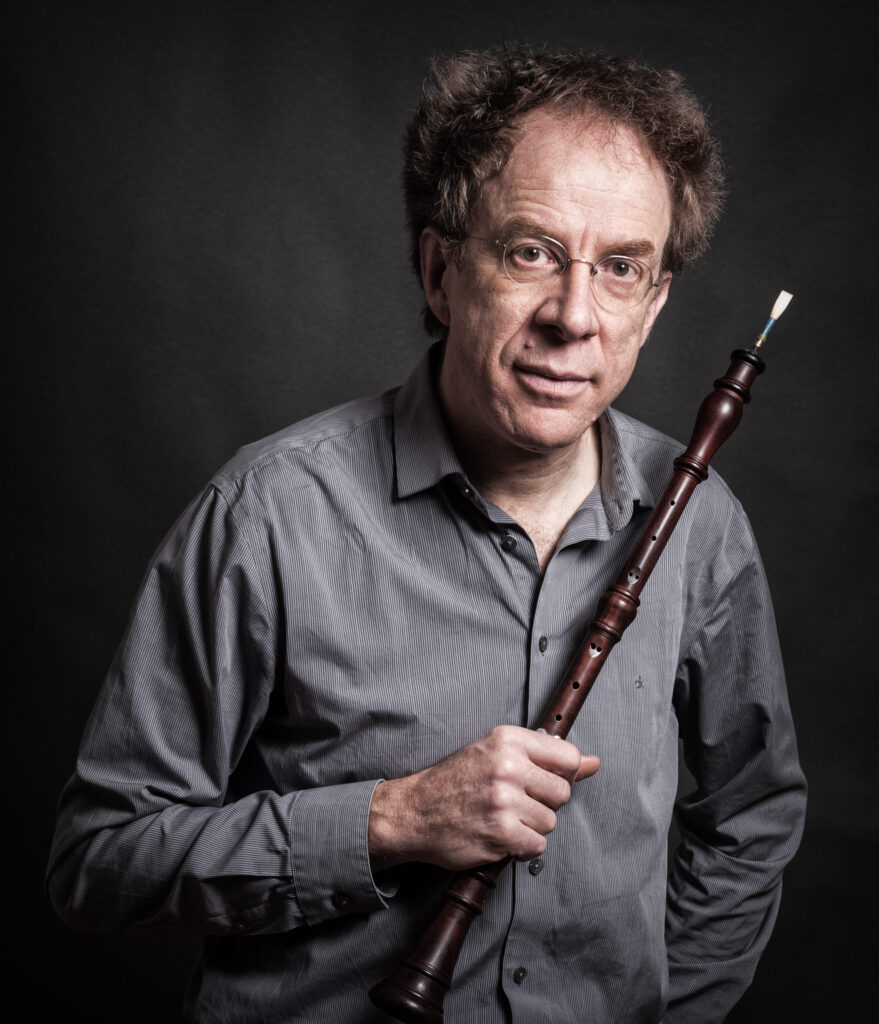
Alfredo Bernardini: “The Seven Last Words of Christ are challenging to perform, as they were to compose”
By Emilia CampagnaMarch 1, 2024
Next Theresia’s orchestral project will be entirely focused on a very special and peculiar composition, “The Seven Last Words of Christ” by Franz Joseph Haydn. Leading the orchestra will be Alfredo Bernardini, whom we asked in this interview to introduce us to this 18th-century masterpiece
Alfredo Bernardini, please, tell us about The Seven Last Words of Christ?
It is a composition for orchestra with a very special history. It is the result of a commission that was made to Haydn in 1786 by the church of the Santa Cueva in Cadiz, Andalusia, a commission with very specific requests, namely that the seven last words of Christ be set to music. The occasion was the Good Friday celebration during Easter week in 1787, and Haydn was asked to write slow movements plus an introduction and a fast finale to illustrate the earthquake that follows Christ’s death. The order letter specified that the music, while maintaining a slow tempo, should always be interesting to keep the attention of the faithful. This was an enormous challenge for Haydn, to which he devoted himself with great commitment.
How did this commission come about? Did Haydn have connections with Andalusia at the time?
In truth, no, and this fact is one of many demonstrations of the international fame of Haydn, probably the most celebrated composer of his time. Although he had worked up to that time in the small court of Estrehaza his fame was spread throughout Europe. Recall that Haydn laid the foundations for new instrumental forms, such as the Sinfonia, and in Italy, for example, his music was copied and thus spread widely. His fame reached even such remote and mundane places as the Church of the Santa Cueva in Cadiz: we can imagine how much difference there was at the time between Andalusia and the Vienna region.
Did Haydn succeed in keeping variety within a series of slow movements?
Absolutely. The score has a lively alternation of melodies, orchestration, instrumental colour, a great variety of dynamics and phrasing. Haydn was so pleased with the work that he later made three transcriptions of it for as many ensembles: for string quartet, for piano and also an oratorio for choir and orchestra.
You said this was a challenge for the composer: is it also a challenge for the performers?
It is certainly very delicate music, full of details, with great richness in articulation and dynamics. The greatest difficulty in the case of a series of slow movements concerns intonation: the instruments are very exposed and anything out of place is more easily noticed. Fast movements require a certain degree of virtuosity, but things go by quickly…. Then it must be said that the very delicate technical aspect is only one side of the effort, in the performance the expressive side must come out, which is very developed and important.
The performance is accompanied by the reading of excerpts from the Scripture and reflections: what is the relationship between the music and the text?
The relationship is very intense, starting with the phrases that are taken from the four Gospels and that Haydn had published at the beginning of each piece. The music is intimately connected to the meaning of the text and invites meditation. For example in the case of the second piece, which is introduced by the phrase “Truly I tell you, today you will be with me in paradise,” the music is charged with a special light, while in the fourth number, introduced by “My God, my God, why have you forsaken me,” Haydn uses a minor key and a particularly dark color.
As a performer, when and on what occasion did you first play The Last Seven Words of Christ on the Cross?
It was several years ago, at the beginning of the 1990s! The occasion was a series of concerts, later followed by the release of a CD, with Jordi Savall’s orchestra “Les Concert de les Nations”. I must confess that I did not know the piece at the time, and it was a thunderbolt for me. Jordi Savall, on the other hand, had loved this composition since childhood and had always had a great desire to perform it. It was one of the first musical programs with which Savall began to explore the classical repertoire for orchestra. For all of us it was a great musical experience with a strong spiritual impact.
Theresia will perform “The Seven Last Words of Christ” by Franz Joseph Haydn under the baton of Alfredo Bernardini on three different occasions: Tuesday 12 March in Lodi (Chiesa di San Francesco), Wednesday 13 March in Rovereto (Sala Filarmonica), and Thursday 14 March in Ravenna (Basilica di San Giovanni Evangelista).


